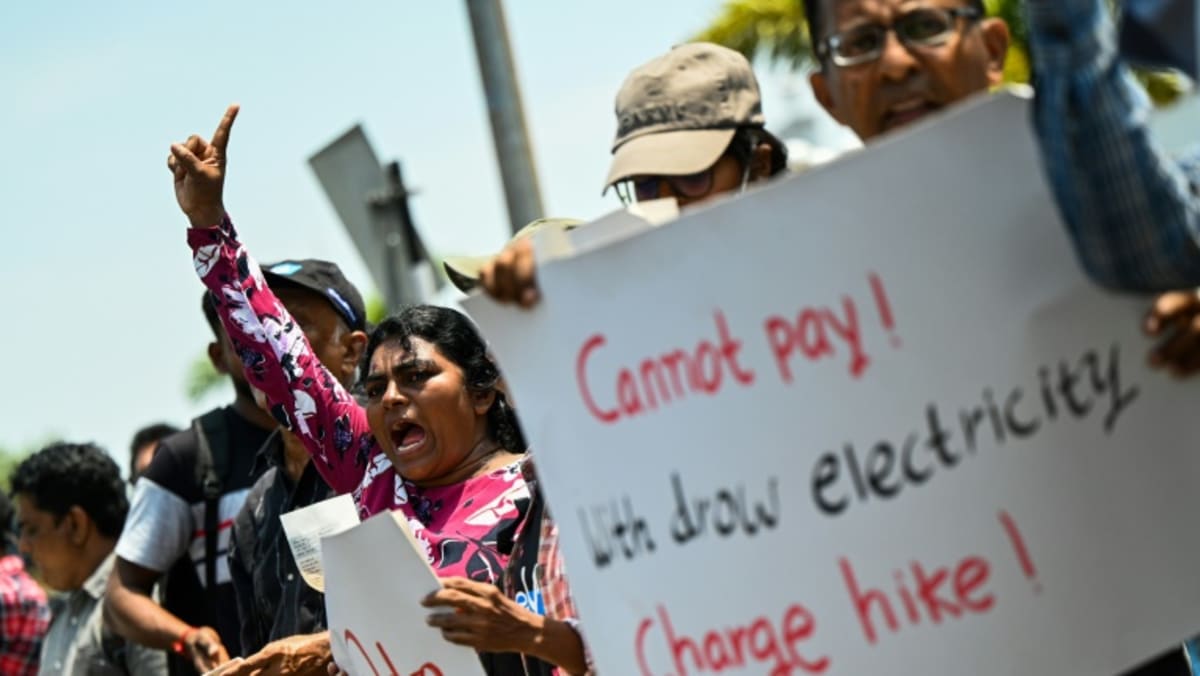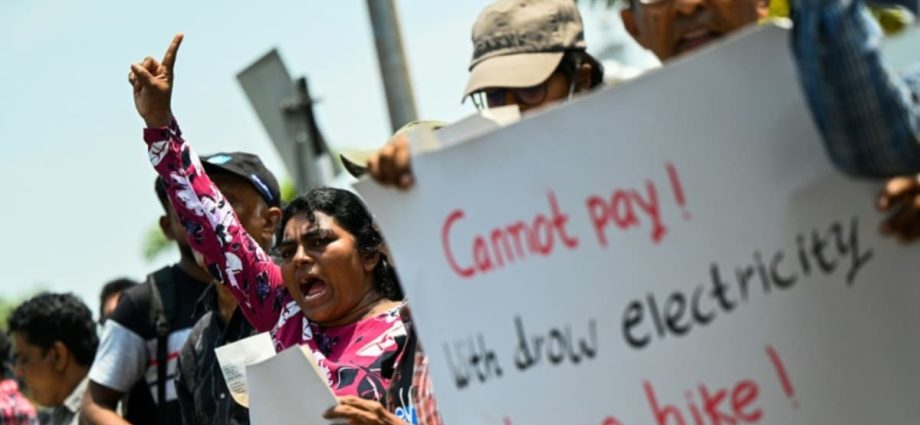
CHINA HAS A DIFFERENT UNDERSTANDING OF COMMON FRAMEWORK
It is by now clear however that China either had a very different understanding of the Common Framework’s terms or wasn’t serious when signing up to them.
Common rules, especially around comparability of treatment, are essential to being able to move forward complex debt restructuring negotiations involving a multitude of official and private sector creditors. And the longer the process takes, the more economic damage tends to befall the defaulting country (and the lower its likely ability to repay its creditors anyway).
Real discussion of how this is expected to work in practice is only occurring now, through a working group steered by the IMF, World Bank and India, the current G20 president.
It remains to be seen how the recommendations, including on comparability of treatment, will be implemented. Even then, they are non-binding, leaving country negotiations to continue on a case-by-case basis – defying the whole point of having a unified framework in the first place.
When it comes to China’s role, two key issues of consistency stand out.
First, China seems to want to pick and choose when its policy banks – which have led its Belt and Road lending – are considered official or commercial lenders. For example, in Sri Lanka, China has accepted that the China Development Bank be treated as an official lender whereas in Zambia, it has argued that the bank is a commercial creditor (and thereby likely subject to smaller losses).
A second problem is that China is highly reluctant to take a haircut on its loans, preferring to defer debt repayments instead. In doing so, China is effectively trying to treat the various debt crises it is caught up in as mere problems of illiquidity, rather than the insolvency problems that they really are.
For instance, China has deferred Laos’ scheduled debt repayments four consecutive times between 2020 and 2023 but has yet to recognise that the country is virtually insolvent. Meanwhile, the Lao government’s most recent revenue strategy has consisted of selling off state assets.
For the Common Framework to remain relevant, it must be explicit on how and what a country and its creditors need to do when it is insolvent.

